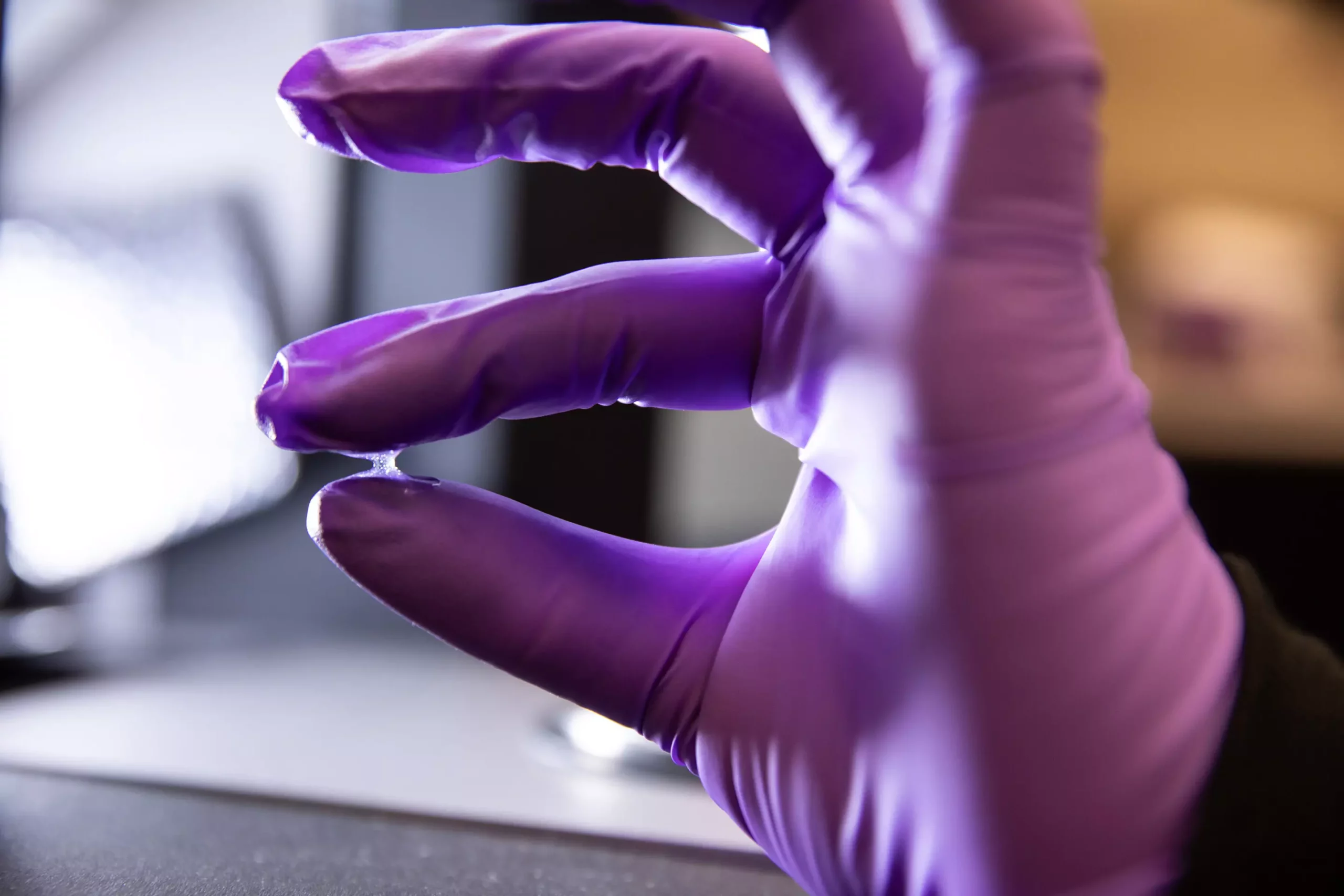Mucus has long been viewed as a mere waste material or a simple barrier in the human body. However, recent research has shed light on the multifaceted roles of mucus, particularly its major component, the sugar-coated proteins known as mucins. Studies have shown that mucus and mucins are not only barriers but also play crucial roles in immunity, cell behavior, and defense against pathogens and cancer.
One of the challenges in studying mucus and mucins lies in their complex protein structures. Humans possess over 20 mucin genes that are expressed differently in various tissues and modified with different sugars. This diversity, coupled with the influence of genetic, dietary, and environmental factors, leads to significant variations in mucus composition from person to person and even from day to day. This variability makes it difficult to pinpoint the precise biological effects of individual mucins.
To overcome the challenges associated with harvesting and purifying natural mucus, researchers have turned to synthetic mucins. By combining synthetic chemistry and bacterial enzymes, scientists can now generate core polypeptides and selectively add sugars to create unique synthetic mucins. This approach enables researchers to study the physical, chemical, and biological properties of individual mucin molecules and investigate the impact of altering sugars or protein sequences.
Recent studies have revealed a potential connection between mucins and cancer formation. When healthy cells were engineered to mimic the mucins found in cancer cells, they exhibited cancer-like behavior, including abnormal cell growth and the formation of tumor-like structures. While it remains unclear whether these cells have undergone genetic changes to become cancerous, ongoing research aims to unravel the role of mucins in tumor formation.
Understanding the influence of mucins on cancer cell behavior is crucial for the development of targeted cancer therapies. By pinpointing the key molecular properties of mucins that contribute to tumor formation, researchers hope to pave the way for more effective cancer treatments. Additionally, the ability to manipulate the protein sequence and sugars of synthetic mucins opens up possibilities for developing anti-infectives, probiotics, and therapies for reproductive and women’s health.
The study of mucus and mucins has revealed a complex and intriguing interplay between these substances and various biological processes, including cancer formation. By harnessing the power of synthetic mucins, researchers are unraveling the mysteries of mucus and paving the way for innovative treatments and therapies in the fields of cancer biology and beyond.


Leave a Reply